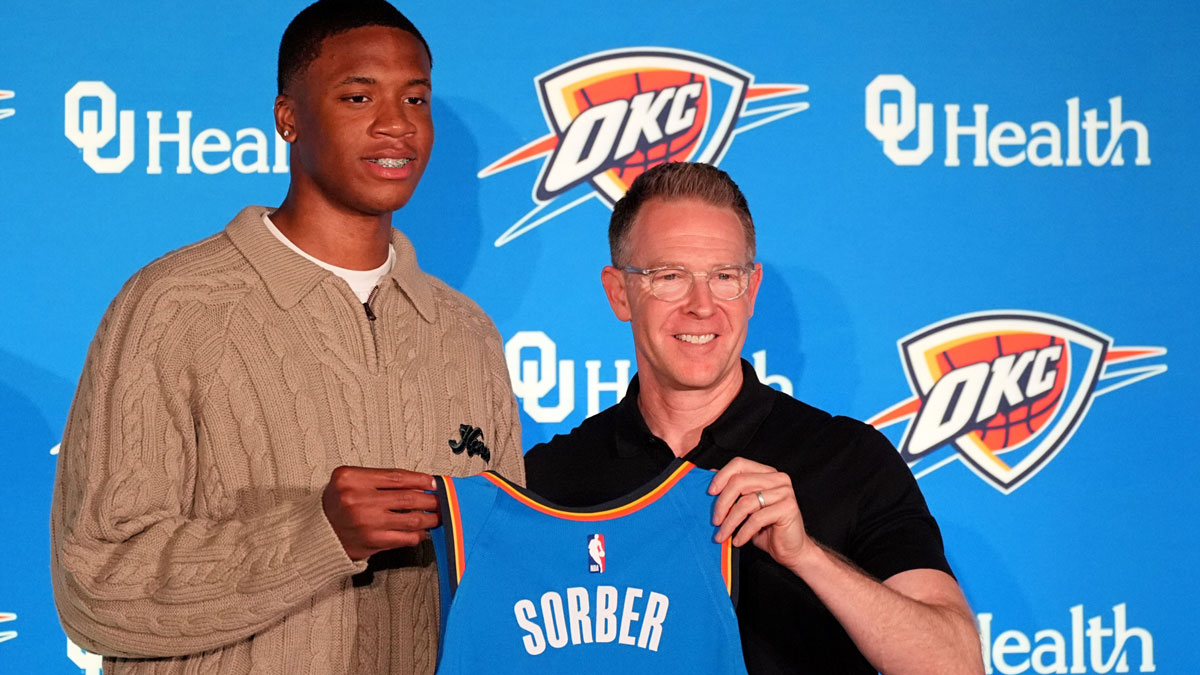Turn your personal brand into a monetised asset

A personal brand communicates values, expertise and worth, which directly impacts the ability to earn. At the start of your career or business, Finance coach Margaret Njeri suggests tracking income, expenses and savings.
Terming it a brand’s currency, Margaret states that people resonate with relatable, memorable stories.
“Authentic brands attract aligned clients, leading to long-term income and less burnout from trying to please everyone,” she says.
Margaret recommends good financial habits, such as opening an exclusive business account, such as a brand development fund. Women should also track expenses and income related to branding, like content creation, coaching, and design. Budget monthly for brand growth like advertising, webinars, and mentorship. Create a content calendar tied to promotions and revenue as you set aside money for taxes.
“Plan quarterly reviews of what’s working and where to invest to be certain that branding is not only about social media popularity but also leads and income,” she states.
To align with your branding strategy, set financial goals for the brand which include income targets. Set aside a small amount every month for branding, and being consistent with it will grow visibility. Some of the personal branding tools to budget for are Canva Pro, content editing apps and email platforms.
“In tracking return on investment, ask yourself what result the investment brings,” she says.
Women can monetise their personal brand by turning expertise into paid speaking, coaching, consulting, or training.
Use visibility to land brand partnerships or affiliate deals and create digital products such as eBooks, courses, or templates. The other strategy is by monetising social media and leveraging your niche influence.
“A visible, consistent brand attracts investors, clients, employers, sponsors, and collaborations. You position yourself as a solution-provider, and money always flows toward solutions, Margaret says.
Personal branding reduces marketing costs, attracts organic clients, and builds early customer trust. Margaret believes that a strong brand fast-tracks revenue, helps secure partnership gigs, and opens doors to media visibility and endorsements.
Women shouldn’t underestimate their value by undercharging, failing to negotiate, or giving services away for free. Additionally, women go wrong financially when building a personal brand by spending without tracking the return on investment. Confusing brand building with overspending on aesthetics, not monetising branding early enough, neglecting legal or tax obligations, and not separating personal and income are some of the precautionary measures to take.
“Personal branding builds confidence. It helps women see themselves as professionals, not just helpers, and that shift is what unlocks bolder pricing and negotiation,” she adds.
Margaret urges women to measure return on investment from personal branding efforts by tracking new clients, media invitations, and collaborations tied to the brand. She further advises on measuring growth in achievement, reach, and conversion and not vanity metrics. Review income sources every month to see the amount of money that came directly from brand visibility.
Noting that visibility builds trust, opportunities, and leverage, Margaret adds that it also makes it easier to launch products, raise capital, or command premium rates.
Stay informed. Subscribe to our newsletter
“Long-term wealth is about impact and income, and personal branding opens those doors. I’d love to see women leave brands that outlive them—not just in visibility but in value, ownership, and systems,” she says.








